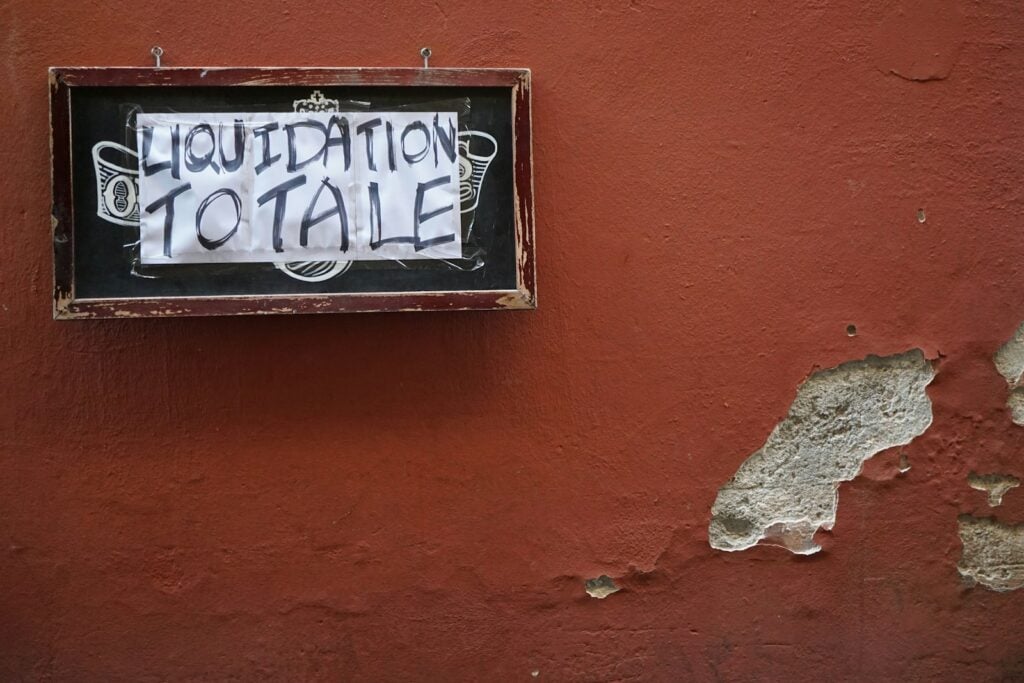Obtaining a favourable decision is not enough. Actually enforcing it is the crucial stage in the recovery process. This final phase has important specificities in the context of european small claims procedure. Understanding these mechanisms will enable you to ensure the real effectiveness of your title.
Notification of the decision: an essential first step
Proper notification of the decision conditions its future enforcement. Regulation (EC) No 861/2007 establishes a precise hierarchy of the methods of notification to be used.
Two priority modes are placed on an equal footing:
- Notification by post
- Electronic notification
Both methods require an acknowledgement of receipt showing the date of receipt. The use of electronic means presupposes that:
- These resources are technically available
- The recipient has previously accepted this method of communication
If this is not possible, other alternative methods may be used. These alternative methods are borrowed from Regulation (EC) No 1896/2006 creating a European order for payment procedure.
The former guarantee proof of receipt by the recipient:
- Personal service with signature of acknowledgement of receipt
- Service by a document signed by the competent official
- Service by post with signed acknowledgement of receipt
- Service by electronic means with signed acknowledgement of receipt
The latter do not guarantee this proof:
- Service at the addressee's address on persons living at the same address
- Delivered to the recipient's letterbox
- Deposit in a post office with notice in the letterbox
- Postal service without certificate for recipients in the State of origin
- Electronic transmission with automatic acknowledgement, if previously accepted
In France, article 1389 of the Code of Civil Procedure provides that service is to be made by registered letter with acknowledgement of receipt. If notification fails, service by bailiff becomes necessary.
Enforceability and circulation of documents within the EU
The fundamental principle laid down by the Regulation is the abolition of exequatur. Article 20 states that a judgment "shall be recognised and enforced in another Member State without the need for a declaration of enforceability and without any possibility of opposing its recognition".
This elimination of intermediate procedures represents a considerable savings in time and money for the creditor.
The 2015 reform extended this principle to court settlements. Article 23a provides that a settlement "approved by a court or concluded before a court" during the proceedings benefits from the same regime as decisions.
This simplified circulation is based on mutual trust between Member States. The standardisation of the procedure guarantees respect for the fundamental rights of the parties.
There is one important limitation: refusal of enforcement on the grounds of incompatibility of judgments. Article 22 allows the defendant to oppose enforcement if the decision is incompatible with an earlier decision given between the same parties on the same subject matter. This earlier decision must:
- From any Member State or third country
- Meeting the conditions for recognition in the State of enforcement
- Could not have been invoked during the initial procedure
The Regulation expressly prohibits any review of the merits in the executing State.
Remedies available to the defendant
There are two categories of recourse available to the defendant.
The first are the remedies available under national law. In France:
- Appeal (if the amount exceeds €4,000)
- Opposition (if the decision is rendered by default)
- Appeal to the Court of Cassation (against final rulings)
- Review (in the event of fraud)
Article 17 of the Regulation refers to national law for the time limit and procedures for such appeals.
The second is the specific review procedure provided for in Article 18 of the Regulation. This remedy exists only for defendants who do not appear and in two situations:
- The claim form was not served in sufficient time to prepare the defence
- The defendant was unable to contest due to force majeure or extraordinary circumstances
The defendant must act promptly, within 30 days of becoming aware of the decision or, at the latest, of the first enforcement measure.
If the review is successful, the decision is declared "null and void". In France, this procedure is carried out in the same way as the opposition procedure.
An appeal does not automatically suspend enforcement. The decision According to Article 15 of the Regulation, the judgment "shall be enforceable notwithstanding any appeal". However, the defendant may request:
- Limitation of performance
- Creation of a guarantee
- In exceptional circumstances, the suspension of the enforcement procedure
Practical arrangements for implementation
Enforcement itself is primarily a matter for national law. Article 21 of the Regulation states that the enforcement procedure "shall be governed by the law of the Member State of enforcement".
An RPL decision is enforced under the same conditions as a national decision. This principle prevents any discrimination.
In France, enforcement is carried out by bailiffs with territorial jurisdiction or by magistrates for certain specific procedures.
The lack of information on foreign enforcement procedures is a major practical obstacle. A number of resources are available to remedy this:
- The European e-Justice portal contains explanatory fact sheets
- The "Enforcement in Europe" project proposes a directory of bailiffs
- The European Judicial Network in civil and commercial matters
Article 23 of the Regulation provides for three cases of suspension or limitation of performance:
- If an appeal has been lodged against the decision
- If a review is still possible
- If the defendant has requested a review
Such suspension or limitation shall be ordered by the competent court of the State of enforcement, at the request of the defendant.
The regulation also requires Member States to inform litigants about:
- Available enforcement procedures
- Contact details for the relevant authorities
- Any restrictions on performance
Article 21(2) of the Regulation specifies that the claimant is not required to have an authorised representative or a postal address in the enforcing State. This provision considerably facilitates access to cross-border enforcement.
Translation can be a practical obstacle. Article 21(2)(b) provides that the party seeking enforcement must provide a translation of the judgment by a sworn translator if the enforcement authorities so require.
Cross-border enforcement of judgments requires specific expertise in both European and national law. Our practice can assist you in this crucial phase to ensure that your decision is effective.
Sources
- Regulation (EC) No 861/2007 of the European Parliament and of the Council
- Regulation (EU) 2015/2421 of 16 December 2015
- French Code of Civil Procedure, articles 1387 to 1391
- Regulation (EC) no. 1896/2006 of 12 December 2006




